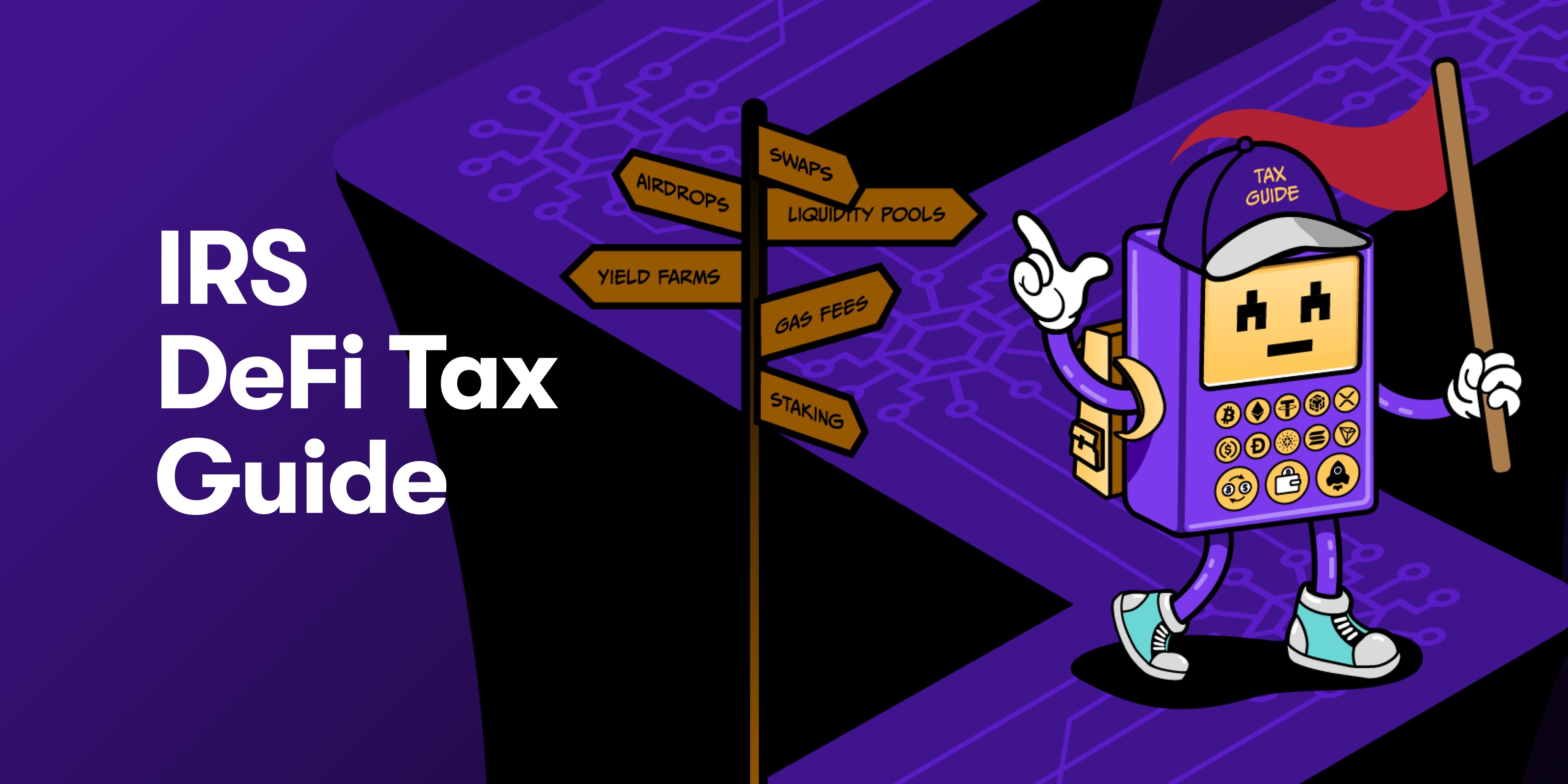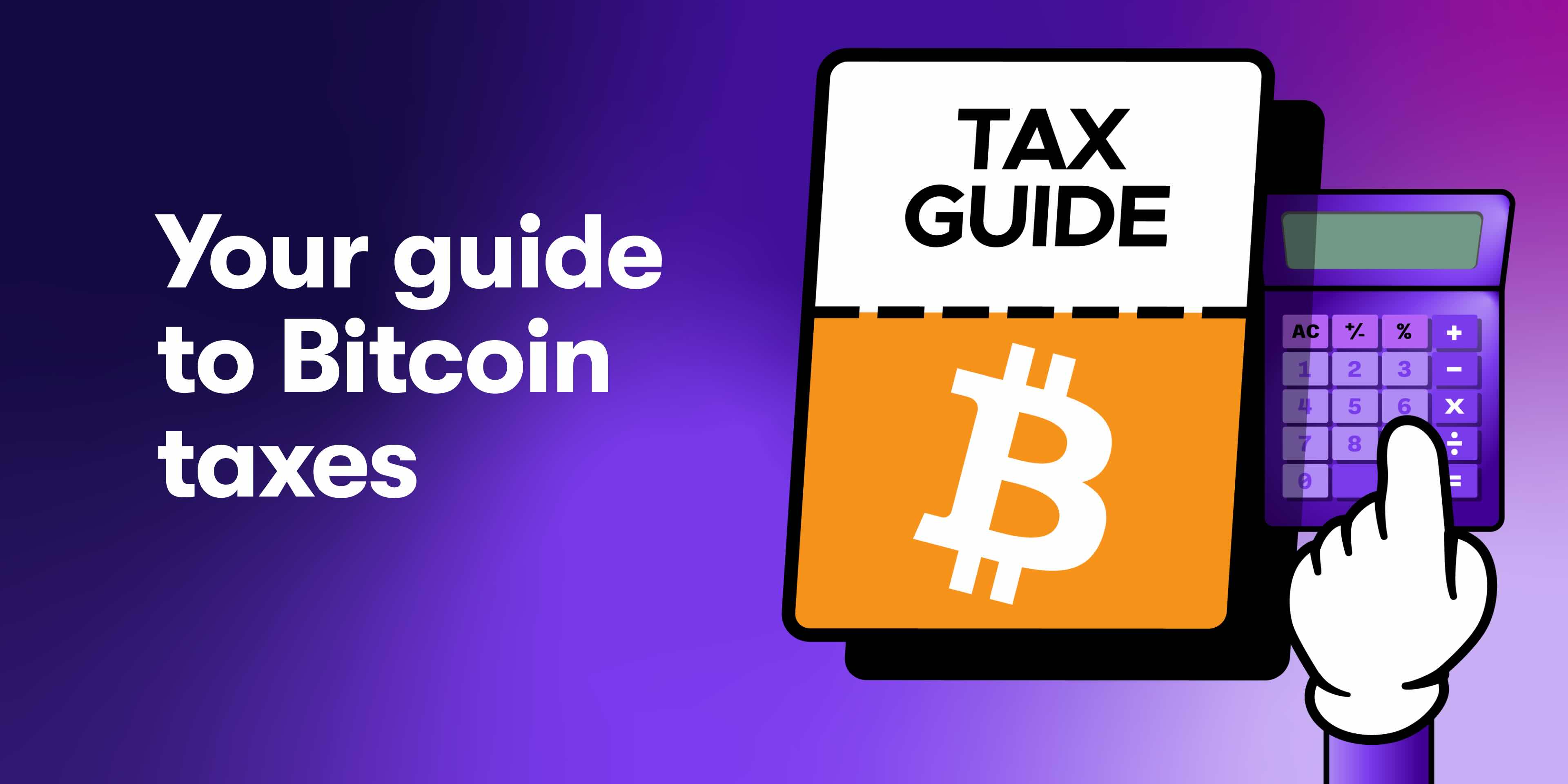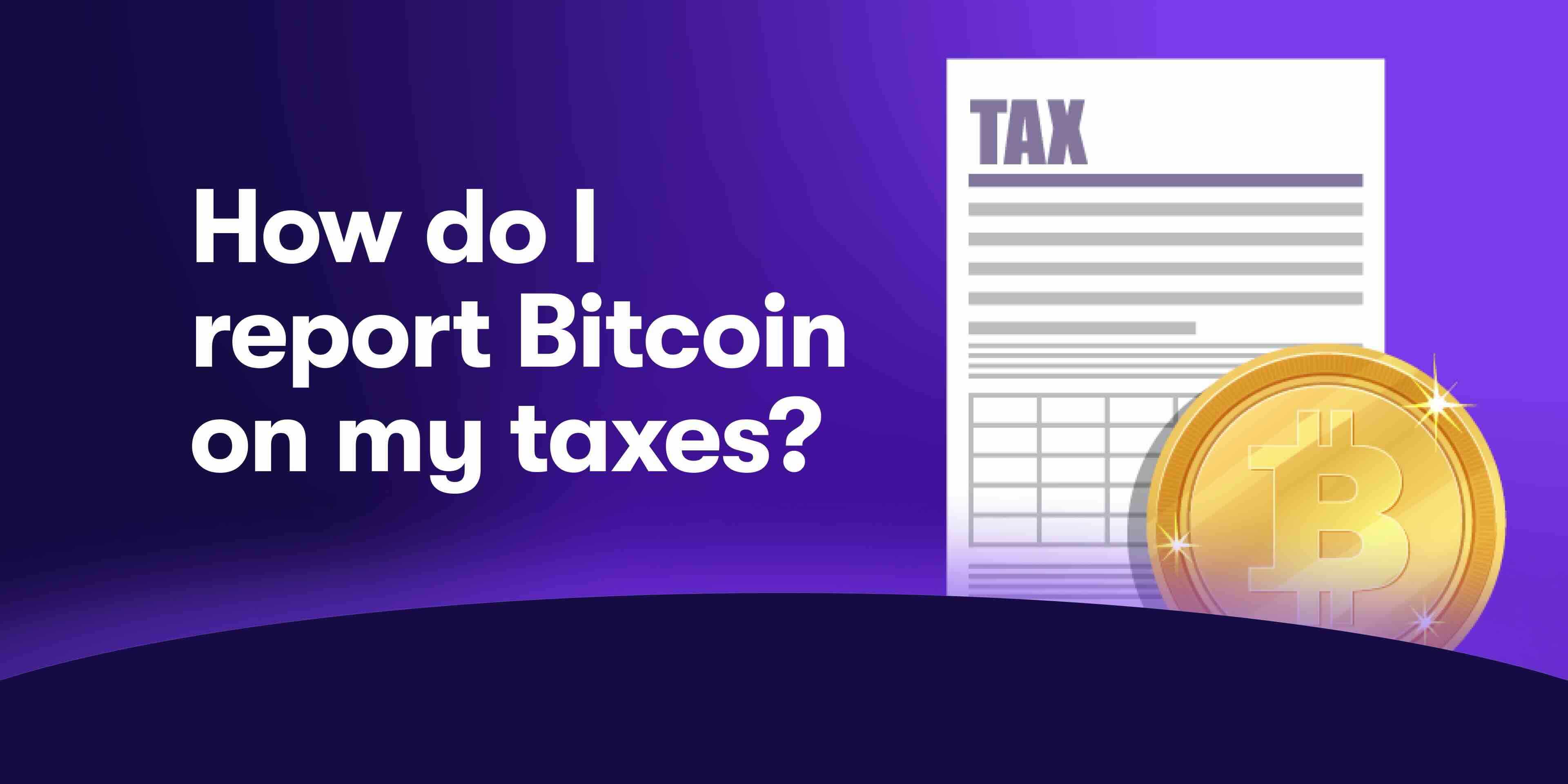If you’ve received a CP2000 notice for crypto, you need to take immediate action. This guide explains what a CP2000 notice means for crypto investors, how to respond, and steps to avoid future issues.
What is a CP2000 notice?
A CP2000 notice is a letter from the IRS indicating discrepancies between the income you reported and the information they received from third parties. It suggests that you may owe additional taxes, including from cryptocurrency transactions. According to the IRS, a CP2000 notice is not a bill but a proposal for additional taxes based on the data mismatch.
Why have I received a CP2000 notice?
You may receive a CP2000 notice for crypto if:
- Unreported income: Income from crypto trading, mining, or staking wasn’t reported on your tax return.
- Mismatch in records: The IRS received information from exchanges that do not match your filings.
- High-value transactions: Large or frequent crypto transactions can trigger IRS scrutiny.
- Errors in reporting: Mistakes in reporting gains or losses can lead to notices.
Example: Jane received a CP2000 notice after the IRS found discrepancies in her reported income from trading Bitcoin. Her exchange reported higher earnings than what she included on her tax return. Receiving a CP2000 notice often results from the IRS identifying inconsistencies in your reported income compared to third-party data.
What a CP2000 notice means for crypto investors
Receiving a CP2000 notice means the IRS believes there are unreported, underreported, or inaccurate crypto transactions on your tax return. This may be due to discrepancies between what you reported on your tax return and information the IRS has about your activities, which may have been provided by crypto exchanges, wallet providers, etc.
Receiving a CP2000 can lead to:
- Additional taxes owed based on the IRS’s findings.
- Penalties and interest for underreporting income.
- Potential audits and increased likelihood of a full tax audit.
- Enhanced scrutiny and compliance monitoring of your financial activities in the future.
The IRS emphasizes that a CP2000 notice is a chance to correct errors before more severe actions are taken.
How do I respond to a CP2000 notice?
How to Dispute a CP2000 notice:
- Review the notice carefully: Identify the discrepancies highlighted.
- Gather documentation: Collect all relevant crypto transaction records.
- Respond within the deadline: Typically 30 days, but follow the notice’s instructions.
- Provide explanations: Clearly state reasons for any disagreements and include supporting evidence.
- Consult a tax professional: Ensure your response is accurate and comprehensive.
The IRS advises taxpayers to respond promptly and provide all requested information to resolve discrepancies.
If you lodged your tax return through a third-party, then you should also contact them directly if you discover any errors in your forms that have been sent to the IRS.
Review the proposed amount due
The notice will detail the IRS’s proposed additional tax, penalties, and interest. Assess this amount against your records to determine accuracy.
Example: John received a CP2000 notice proposing an additional $1,000 in taxes due to unreported crypto gains. Upon reviewing his records, he found that he had correctly reported all transactions, disputing the IRS's calculations.
Action Steps:
- If you agree: Arrange payment promptly to avoid further penalties.
- If you disagree: Follow the dispute process to present your case, providing all necessary documentation and explanations.
{{cp2000-notice-for-crypto-explained-cta1}}
Is the IRS aware of my crypto transactions?
The IRS is increasingly aware of cryptocurrency transactions through:
- Exchange reporting: Crypto exchanges report transactions via Forms 1099-K and 1099-B.
- Advanced blockchain analytics tools: These tools track and analyze blockchain transactions.
- International data sharing: Cooperation with foreign tax authorities for comprehensive data.
- Self-reporting requirements: Taxpayers must report all crypto income and gains accurately.
What happens if you don’t report crypto to the IRS?
- Penalties and fines: Up to 75% of the unpaid tax due to fraud.
- Interest charges: On overdue amounts.
- Criminal charges: In severe cases of tax evasion.
- Increased audits: Higher likelihood of a full tax audit.
Learn more about how the IRS knows you’ve traded crypto and what you need to report with our comprehensive US crypto tax guide.
How to get help with your CP2000 notice for crypto
Navigating a CP2000 notice can be complex. Crypto Tax Calculator can assist by:
- Automating calculations: Ensure accuracy in reporting.
- Organizing records: Simplify documentation management.
- Guiding responses: Provide templates and advice for your reply.
Visit our homepage to explore how Crypto Tax Calculator can help you manage your cryptocurrency tax reporting and stay compliant with IRS regulations. Check out our US crypto tax guide to learn more about your reporting requirements and how to navigate them.
Sources
- [Understanding Your CP2000 Series Notice, Internal Revenue Service (IRS), 2024
- IRS CP2000 Series Notice](https://www.irs.gov/individuals/understanding-your-cp2000-series-notice)
- [IRS Virtual Currency Guidance, Internal Revenue Service, 2014
- IRS Notice 2014-21](https://www.irs.gov/pub/irs-drop/n-14-21.pdf)
- [Tax Reform Basics for Individuals and Families, Internal Revenue Service, 2021
- IRS Publication 5307](https://www.irs.gov/pub/irs-pdf/p5307.pdf)
- [Topic No. 409 Capital Gains and Losses, Internal Revenue Service, 2022
- IRS Topic No. 409](https://www.irs.gov/taxtopics/tc409)
- [Charitable Contributions, Internal Revenue Service, 2022
- IRS Publication 526](https://www.irs.gov/pub/irs-pdf/p526.pdf)
- Retirement Plans FAQs Regarding IRAs Investments in Cryptocurrencies, Internal Revenue Service, 2021, IRS IRA FAQs
- Frequently Asked Questions on Virtual Currency Transactions, Internal Revenue Service, 2023, IRS Virtual Currency FAQs
The information provided on this website is general in nature and is not tax, accounting or legal advice. It has been prepared without taking into account your objectives, financial situation or needs. Before acting on this information, you should consider the appropriateness of the information having regard to your own objectives, financial situation and needs and seek professional advice. Crypto Tax Calculator disclaims all and any guarantees, undertakings and warranties, expressed or implied, and is not liable for any loss or damage whatsoever (including human or computer error, negligent or otherwise, or incidental or Consequential Loss or damage) arising out of, or in connection with, any use or reliance on the information or advice in this website. The user must accept sole responsibility associated with the use of the material on this site, irrespective of the purpose for which such use or results are applied. The information in this website is no substitute for specialist advice.


















































































































































































